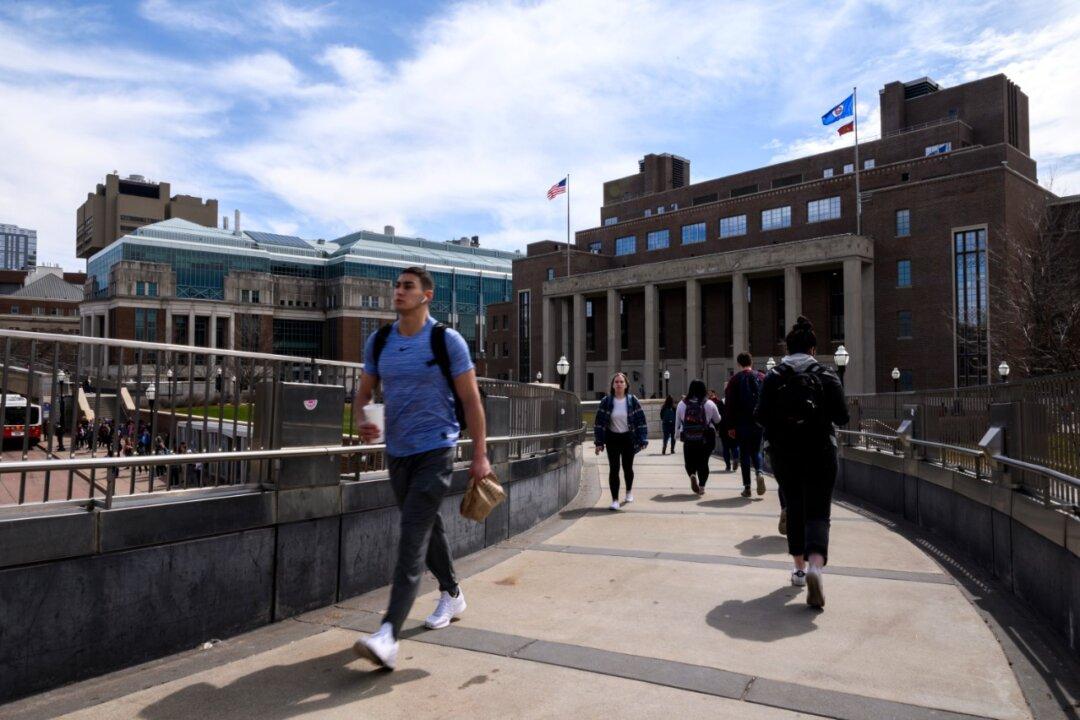A growing number of Confucius Institutes are closing across U.S. college campuses amid concerns over their threats to academic freedom.
While billed as Chinese language and culture centers, Beijing-funded Confucius Institutes have drawn mounting criticism in the United States and elsewhere over its role in stifling free speech and promoting Chinese propaganda and influence in academic institutions.





